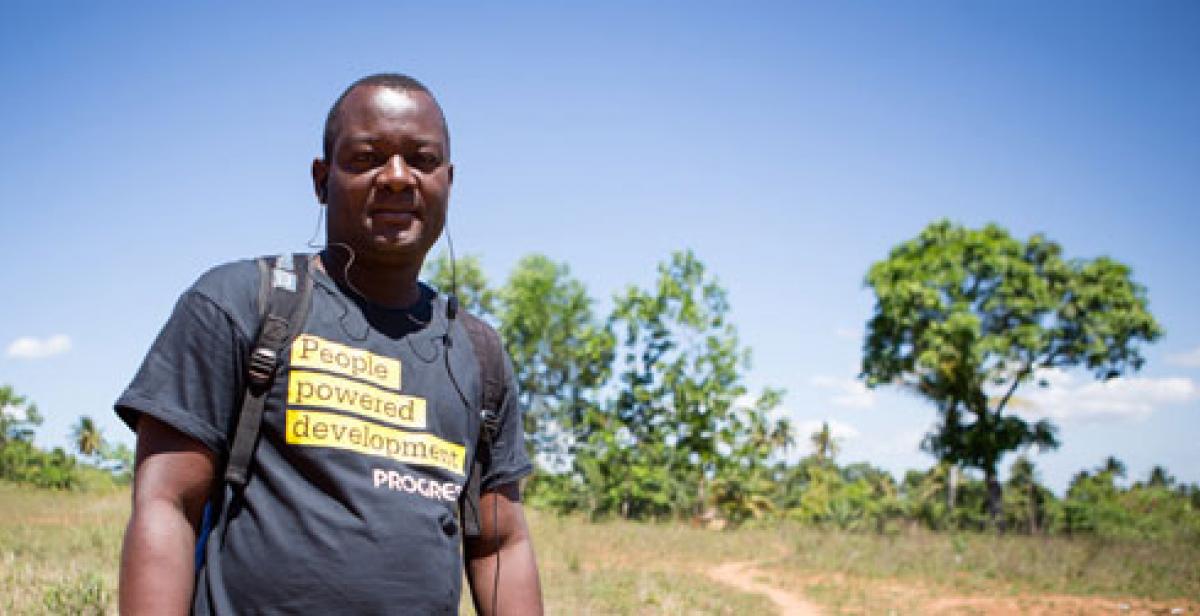This week I can update you on the successes of our goat-breeding project – and the start of a big project to construct a water tank for irrigation…
More goats for more families
In April we purchased 17 native goats and distributed 8 to beneficiary families in Gens de Nantes and 9 to families in Lamine. In addition, we made the rotation of 17 goats that we distributed in the first and second year of the project – meaning the goats were moved on to 15 new families in Lamine and 2 in Gens de Nantes. These families in turn can benefit from these these modified-breed goats, which are bigger, stronger, and more resilient than native breeds.
In this sense we are gradually increasing the small livestock in the communities and giving poor families additional assets for guaranteeing food and nutrition security and some extra income-generating activities (from selling baby goats or goat products). In addition, it's a model of sustainable and participatory development to increase the breeding of goats in these communities as it works through a solidarity approach. The families who received goats in the first round are responsible to maintain the goats and to guarantee the reproduction, in order to give at least 2 goats to another family.
Water for irrigation
We also started one of the last big construction projects within the food security project, the construction of the water tank in Lamine. First we needed to legalize documents and made the delimitation for the land donated by the grassroots organization KPL, in order to start the implementation for the construction of the ‘impluvio’.
The impluvio is a structure that consists of collecting rainwater and then directing it to a tank where it is stored and distributed to users. The aim of this impluvio we are building is to supply water to irrigate some parcels of land (small farms) during drought seasons. We chose Lamine as the area for construction, as there are major problems with water supply, in particular in the community Vosanges. In this area famers grow with rainwater only, and in drought periods the crops fail due to the lack of stored water.
 Read more stories from our food security project
Read more stories from our food security project
Return to Food for a better future home page
Photo of Gabriel Petit-Homme © Fran Afonso/Progressio



